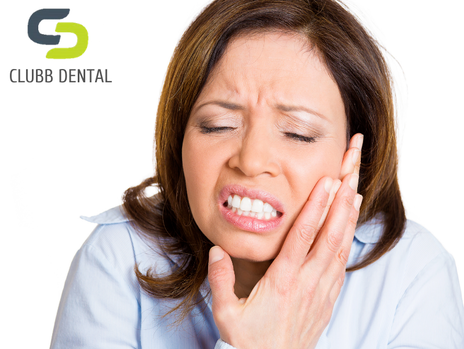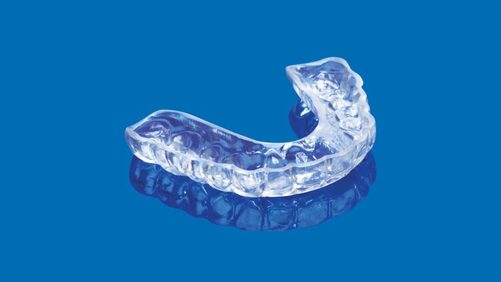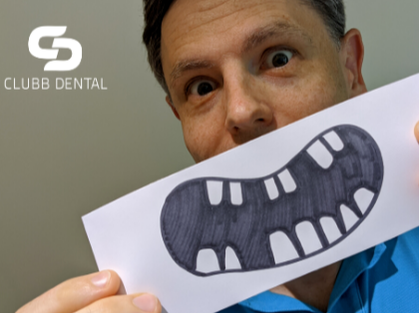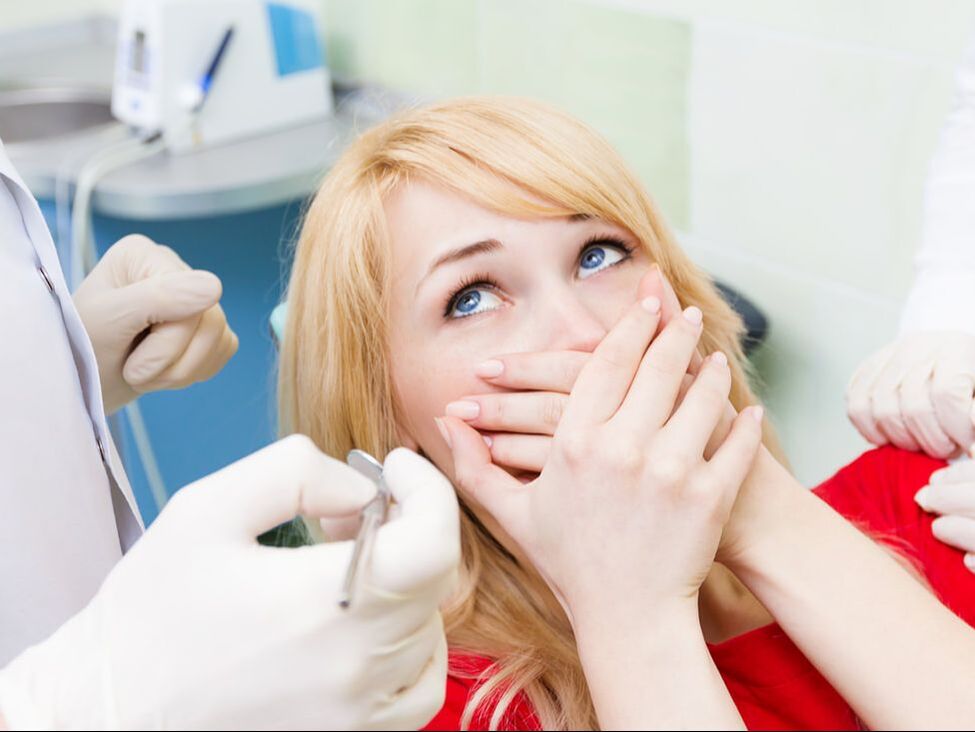TEETH GRINDING
Most people do not know that they are grinding their teeth because they do it while they are asleep.
Yet more than half of the population grind their teeth from time to time and 5% of the population are serious teeth grinders causing damage to their teeth.
In this blog I will discuss:
* What are the symptoms of teeth grinding?
* The problem with Teeth Grinding
* What can you do about teeth grinding?
Yet more than half of the population grind their teeth from time to time and 5% of the population are serious teeth grinders causing damage to their teeth.
In this blog I will discuss:
* What are the symptoms of teeth grinding?
* The problem with Teeth Grinding
* What can you do about teeth grinding?
WHAT ARE THE SYMPTOMS OF TEETH GRINDING?
|
Common symptoms of teeth grinding (or it's medical name Bruxism) include:
|
THE PROBLEM WITH TEETH GRINDING
Occasional teeth grinding is unlikely to cause any long term damage to your teeth.
But some people grind their teeth every night due to stress and this can continue for many years if not a lifetime.
This type of teeth grinding causes a lot of pressure on your teeth and also on your jaw joint and the associated muscles.
When your teeth are under great pressure they are more likely to crack or fracture exposing the dentine of your tooth. The dentine is filled with nerves and so your tooth is then more prone to tooth sensitivity when exposed to hot or cold.
Not only are you likely to damage your teeth but you are more likely to damage any dental work that you already have in place such as fillings or dental crowns.
But some people grind their teeth every night due to stress and this can continue for many years if not a lifetime.
This type of teeth grinding causes a lot of pressure on your teeth and also on your jaw joint and the associated muscles.
When your teeth are under great pressure they are more likely to crack or fracture exposing the dentine of your tooth. The dentine is filled with nerves and so your tooth is then more prone to tooth sensitivity when exposed to hot or cold.
Not only are you likely to damage your teeth but you are more likely to damage any dental work that you already have in place such as fillings or dental crowns.
WHAT CAN YOU DO ABOUT TEETH GRINDING?
The causes of teeth grinding can be a complex mix between physical reasons and psychological ones.
PHYSICAL TIGGERS CAUSING GRINDING can be address such as dealing with an overly high dental filling or a missing or crooked tooth by discussing it with us at your next dental checkup.
PSYCHOLOGICAL TRIGGERS CAUSING GRINDING such as stress, illness or long term pain may be addressed with the help of your GP or psychologist.
Dealing with the underlying problem is important if possible using:
* Relaxation techniques especially before going to bed
* Regular Exercise
* Some medications to relax the jaw muscles
OCCLUSAL SPLINT or NIGHT GUARD
An occlusal splint or night guard is worn at night time to protect your teeth from further damage.
It looks like a sports mouth guard but is harder so that it can offer protection to the underlying teeth.
Occlusal splints are very effective at protecting your teeth form future damage although they are not dealing with the underlying issue causing the grinding in the first place.
PHYSICAL TIGGERS CAUSING GRINDING can be address such as dealing with an overly high dental filling or a missing or crooked tooth by discussing it with us at your next dental checkup.
PSYCHOLOGICAL TRIGGERS CAUSING GRINDING such as stress, illness or long term pain may be addressed with the help of your GP or psychologist.
Dealing with the underlying problem is important if possible using:
* Relaxation techniques especially before going to bed
* Regular Exercise
* Some medications to relax the jaw muscles
OCCLUSAL SPLINT or NIGHT GUARD
An occlusal splint or night guard is worn at night time to protect your teeth from further damage.
It looks like a sports mouth guard but is harder so that it can offer protection to the underlying teeth.
Occlusal splints are very effective at protecting your teeth form future damage although they are not dealing with the underlying issue causing the grinding in the first place.
If you are not sure if you are grinding your teeth, mention it at your next checkup. We will be able to spot the signs straight away so together we can figure out the best way to protect your teeth.
RELATED POSTS
If you have loved this blog and would like to receive more straight into your inbox click below.
Services |
Company |
|










